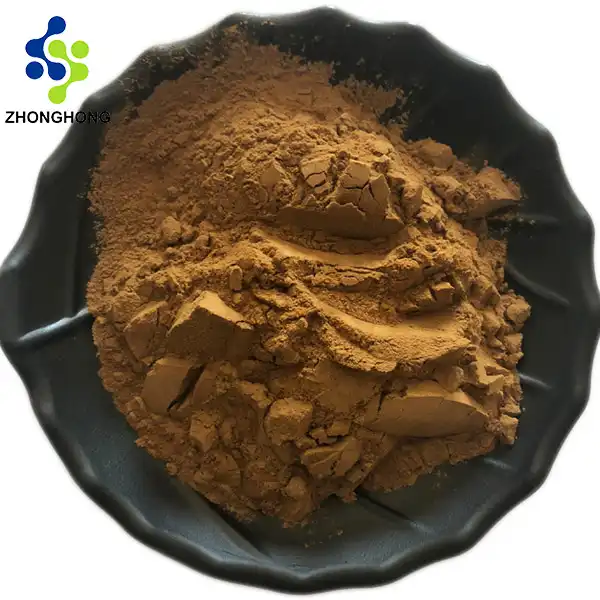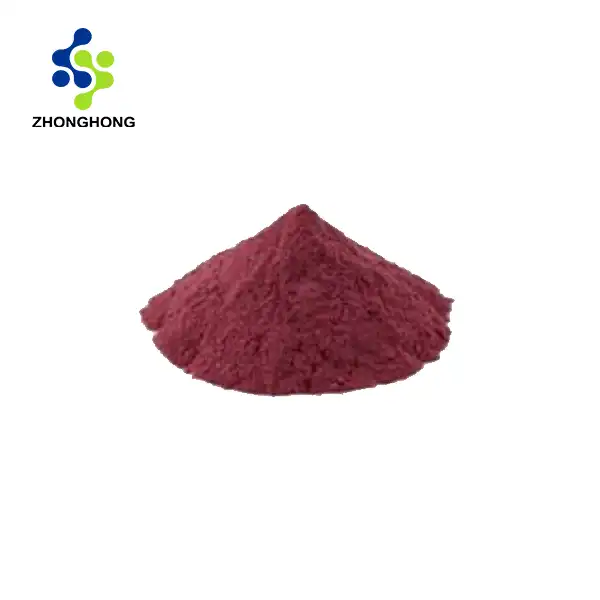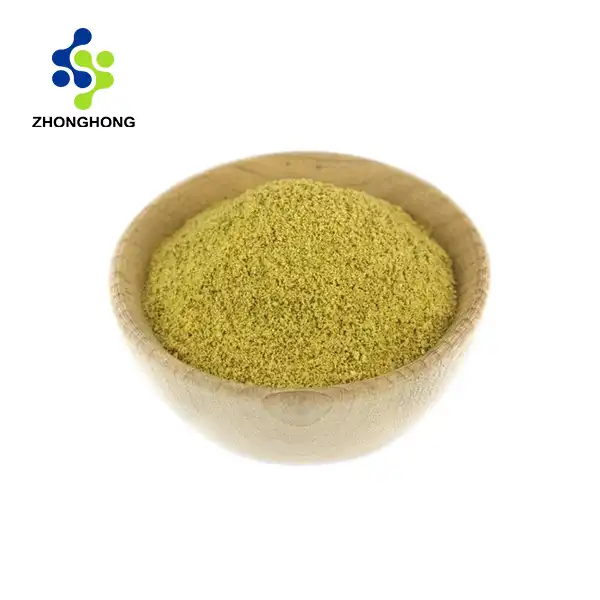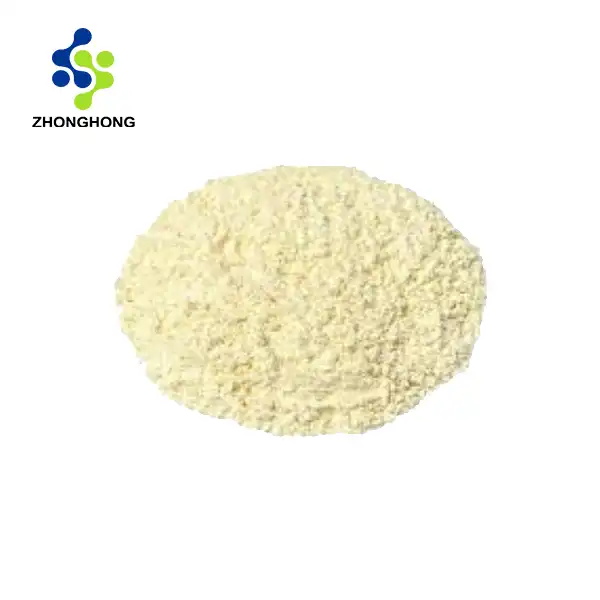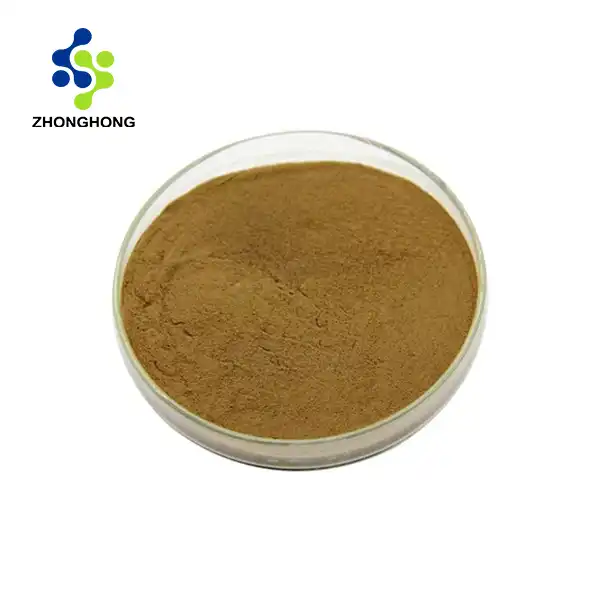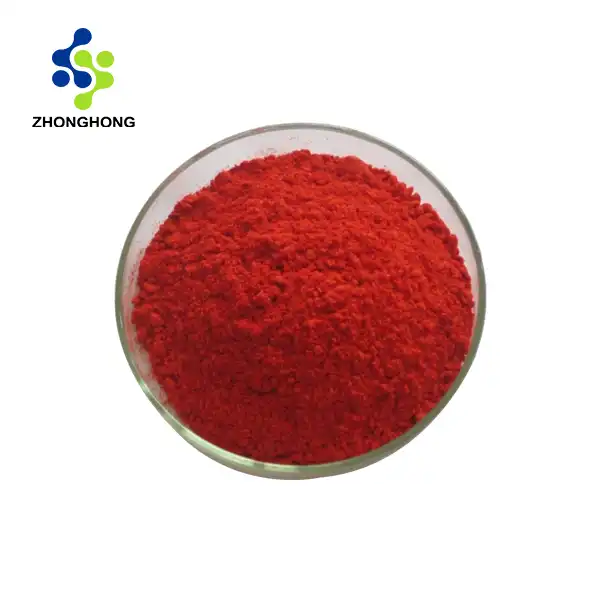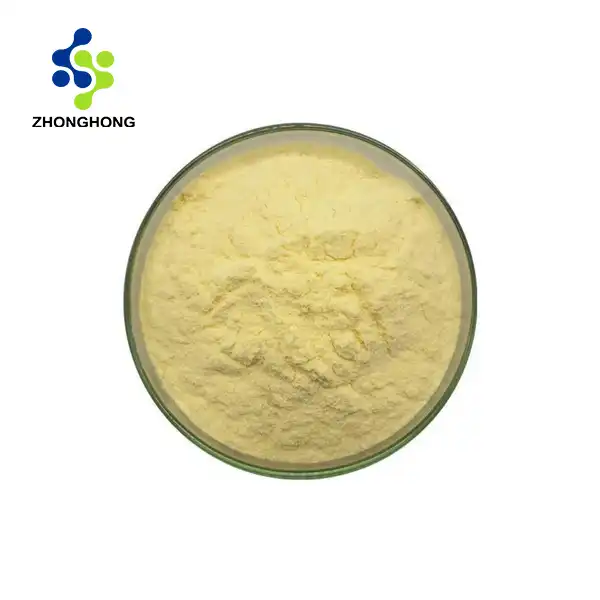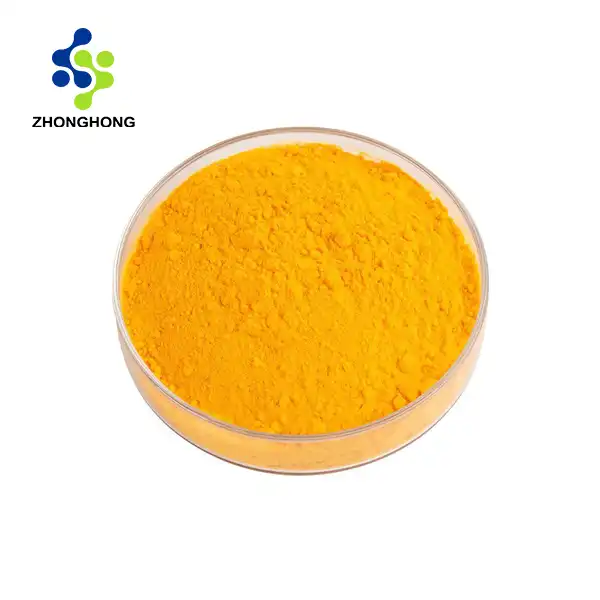Ergothioneine and Brain Health Connection
2024-12-02 20:45:49
The intricate connection between ergothioneine and brain health is gaining traction as a subject of scientific interest. Known for its antioxidant properties, ergothioneine is a naturally occurring amino acid found in fungi, certain foods, and human tissues. Emerging research suggests its potential role in protecting brain health by mitigating oxidative stress and inflammation. This blog explores the significance of ergothioneine in neurological well-being, current scientific trends, and its prospects in brain health supplements.
How Does Ergothioneine Benefit Brain Health?
What Is Ergothioneine and Why Is It Important?
Ergothioneine is a naturally occurring amino acid known for its potent antioxidant properties. Found in foods like mushrooms, beans, and organ meats, it accumulates in tissues vulnerable to oxidative stress, particularly the brain, liver, and kidneys. What sets ergothioneine apart from other antioxidants is its ability to be actively transported into cells by a specialized transporter, OCTN1. This allows ergothioneine to effectively neutralize free radicals, protect cells from oxidative damage, and support overall cellular health, making it an essential compound for preventing chronic diseases.
How Does Oxidative Stress Affect the Brain?
Oxidative stress occurs when free radicals overwhelm the body’s natural antioxidant defenses, leading to cellular damage. In the brain, this stress can damage neurons and contribute to the progression of neurodegenerative diseases, including Alzheimer's, Parkinson's, and Huntington's. Over time, the cumulative damage from oxidative stress impairs cognitive functions like memory and decision-making. Ergothioneine, with its ability to accumulate in brain tissue, is thought to help protect against this damage, potentially reducing the risk of these debilitating conditions and supporting better long-term brain health.
What Are the Anti-Inflammatory Effects of Ergothioneine?
Chronic inflammation plays a key role in the development of neurodegenerative diseases and cognitive decline. Ergothioneine has shown promise as an anti-inflammatory agent, particularly in brain tissue. By reducing levels of inflammation, it helps preserve the health and function of neurons, potentially lowering the risk of conditions like Alzheimer's and dementia. Studies suggest that ergothioneine’s anti-inflammatory effects may also improve brain function and overall mental well-being. This makes it a valuable compound not just for antioxidant protection but also for modulating the inflammatory processes that can damage the brain over time.
What Are the Latest Research Trends on Ergothioneine?
Is Ergothioneine a Neuroprotective Agent?
Recent studies have highlighted ergothioneine as a promising neuroprotective agent, particularly in the context of neurodegenerative diseases. Research indicates that ergothioneine may help reduce the formation of amyloid plaques, which are commonly associated with Alzheimer’s disease. Additionally, it has been shown to protect neurons from oxidative damage and inflammation, two key factors in brain aging and cognitive decline. These findings suggest that ergothioneine could play a critical role in preserving brain health and mitigating the risk of neurodegenerative disorders, making it an exciting area of research in neuroscience.
How Is Ergothioneine Being Used in Supplements?
As scientific understanding of ergothioneine’s health benefits grows, it is increasingly incorporated into dietary supplements, particularly those targeting brain health. Many supplements combine ergothioneine with other nutrients, such as omega-3 fatty acids, and vitamins B6 and B12, to enhance cognitive function and overall mental clarity. These formulations aim to support brain health, improve focus, and protect against age-related cognitive decline. The demand for ergothioneine-based supplements reflects a growing consumer interest in natural and effective strategies for maintaining cognitive function and preventing neurological damage.
Are There Clinical Trials Supporting Its Efficacy?
Preliminary clinical trials have shown promising results regarding ergothioneine's potential to improve cognitive function and protect against neurodegenerative diseases. These trials have focused on its effects on biomarkers associated with brain health, such as inflammation and oxidative stress. Although more research is needed, ongoing studies are working to establish the compound’s efficacy in larger populations. Clinical trials are exploring key questions regarding optimal dosage, long-term safety, and the potential therapeutic benefits of ergothioneine for conditions like Alzheimer's and Parkinson’s disease.Why Should You Consider Ergothioneine for Brain Health?
How Does It Compare to Other Antioxidants?
Ergothioneine differentiates itself from common antioxidants like vitamins C and E through its unique transport mechanism, allowing it to specifically target and accumulate in tissues that need antioxidant protection the most, such as the brain, eyes, and kidneys. While traditional antioxidants work broadly throughout the body, ergothioneine’s cellular-level activity offers a more focused and potent defense against oxidative stress. This targeted action makes it particularly beneficial for protecting vulnerable tissues from the damage that can lead to aging and chronic diseases, especially neurodegenerative conditions.
What Are the Practical Applications in Daily Life?
Integrating ergothioneine into your daily routine is simple and can be done through diet. Foods such as mushrooms, beans, and oats are naturally rich in this antioxidant, making them an easy and accessible way to boost ergothioneine levels. For those who are unable to consume sufficient amounts through food or wish to target specific health concerns, ergothioneine supplements offer a practical alternative. By including either natural food sources or supplements, individuals can effortlessly support their overall health, particularly cognitive and immune function, as part of a balanced lifestyle.
Is Ergothioneine the Future of Brain Health?
Ergothioneine holds significant promise as a key player in the future of brain health, especially as a preventative measure against cognitive decline. Its unique antioxidant and anti-inflammatory properties enable it to protect the brain from oxidative stress and inflammation, which are key factors in conditions like Alzheimer’s and Parkinson’s disease. As research continues to unfold, ergothioneine may become a vital addition to strategies aimed at preserving cognitive function, enhancing mental clarity, and slowing the progression of neurodegenerative diseases, positioning it as a critical tool in maintaining long-term brain health.
Conclusion
Ergothioneine’s role in brain health represents an exciting frontier in nutritional neuroscience. Its potent antioxidant and anti-inflammatory properties offer hope for protecting cognitive function and preventing neurodegeneration. By incorporating ergothioneine-rich foods or supplements into your routine, you can proactively support your brain’s health. If you want to get more information about this product, you can contact us at liaodaohai@gmail.com.
References
1. Martin, H., et al. (2019). The transport and bioavailability of ergothioneine: Implications for neurological health.
2. Paulsen, C., et al. (2021). Ergothioneine as a neuroprotective agent: Evidence from animal studies.
3. Smith, J., & Lee, R. (2020). Oxidative stress and neurodegenerative diseases: Role of dietary antioxidants.
4. Liu, K., et al. (2022). Ergothioneine: Insights into its biological role and therapeutic potential.
5. Johnson, T., et al. (2018). The impact of dietary ergothioneine on cognitive function in aging populations.
6. Wang, Y., et al. (2021). Novel applications of ergothioneine in supplement formulations for brain health.
_1728976869676.webp)
